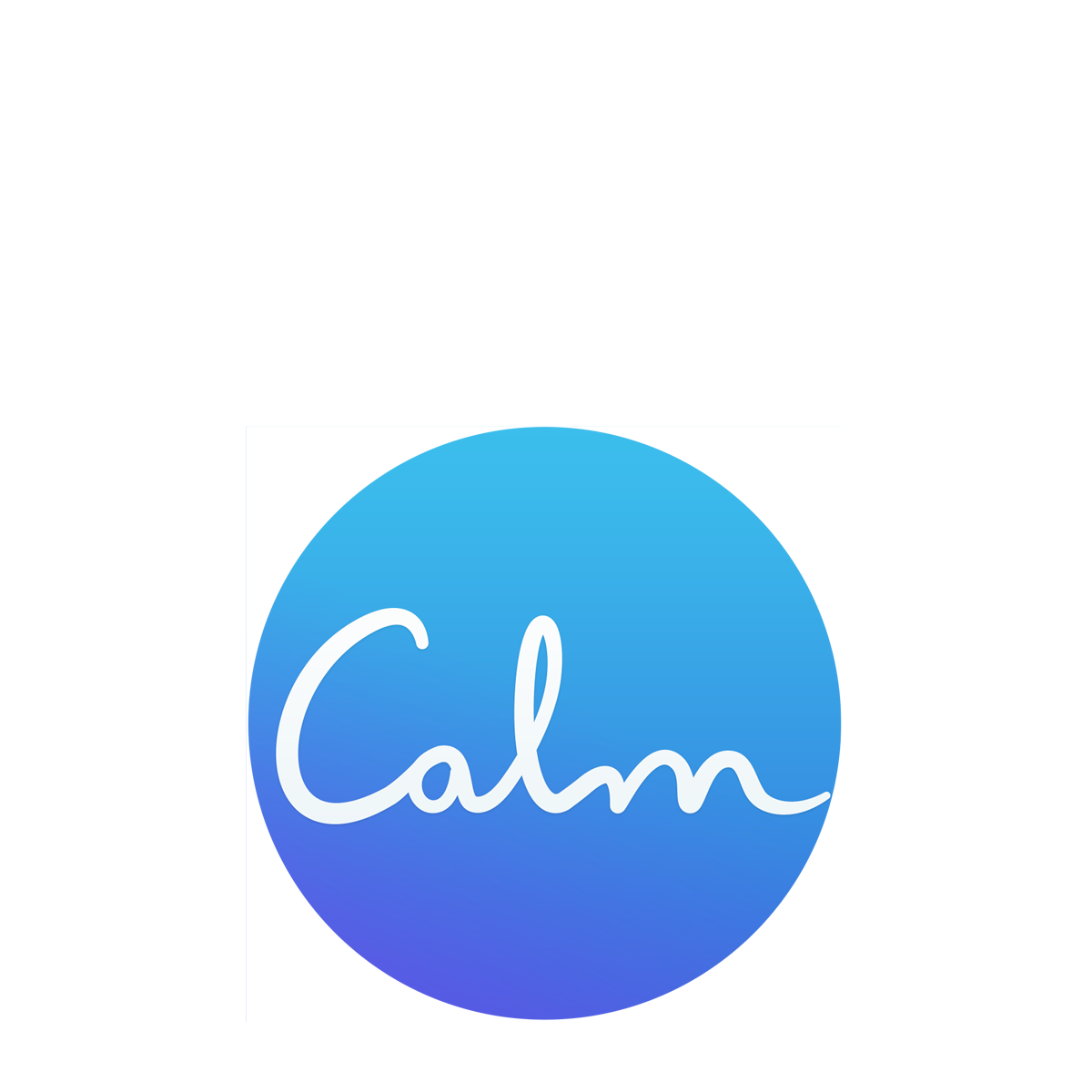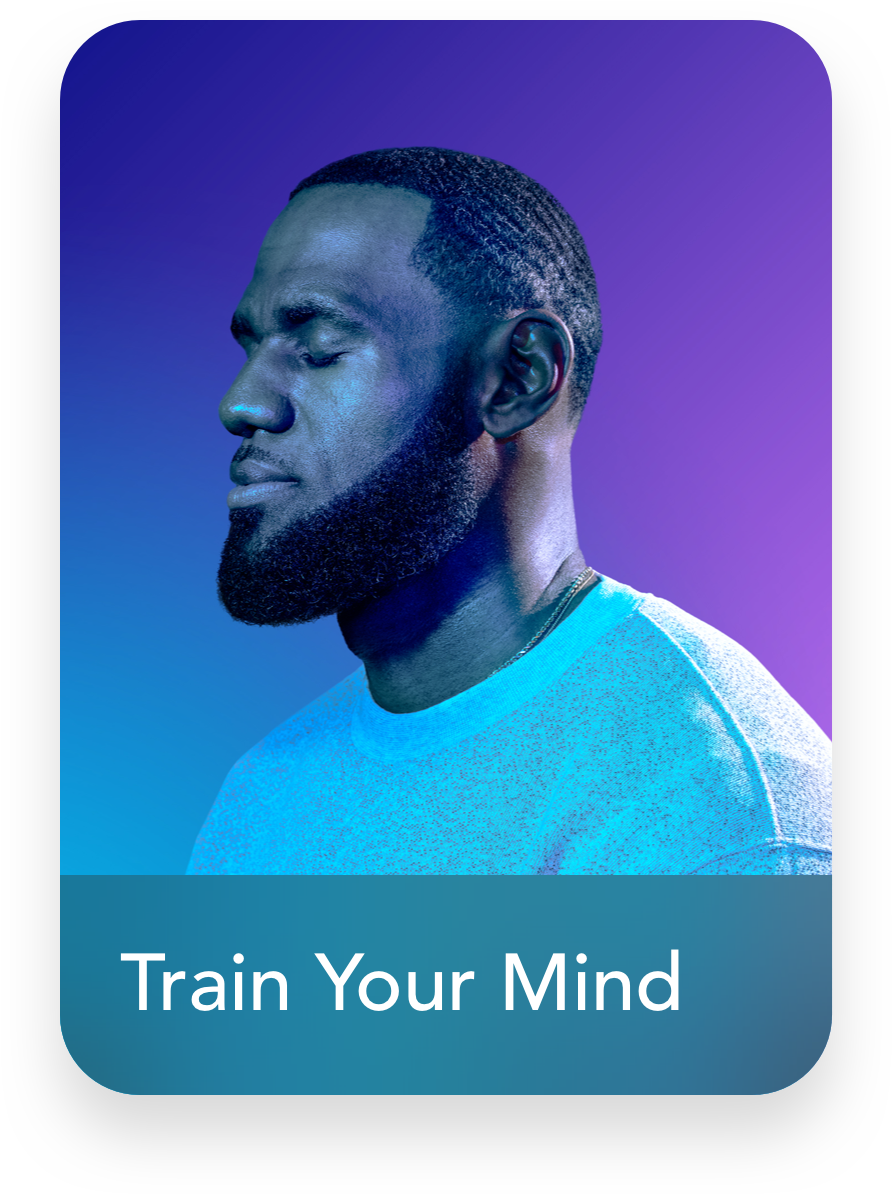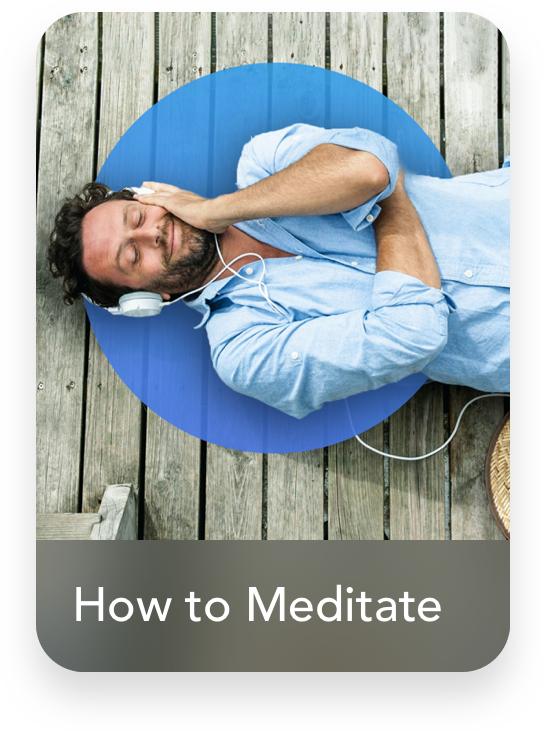9 ways to train your mind
You don’t need to be an athlete—or break a sweat—to reach peak mental fitness.
You can train your mind to be more focused, clear, and efficient, just like you can train your body to run the 3,000m or master taekwondo.
Thanks to mental strength training and “neuroplasticity” (the ability of the brain’s neural networks to change through growth and reorganization), anyone can rewire their mind to become stronger, healthier, and fitter than ever before. All it takes is time, practice, and consistency.
To get you started, here are nine ways to train your mind.
1 | Meditate
Meditation is one of the best ways to train your mind. It strengthens our ability to witness our thoughts, and is the first step in shifting the mental habits that cause us trouble. It also helps us to focus, gain clarity, and develop equanimity. The key is consistency. Start small with 5 or 10 minutes of meditation a day and build up slowly.
Try the following series in the Calm app:
2 | Connect with the present moment
It’s easy to get lost in overthinking, but this mental pattern can be distracting, unhelpful and exhausting. The trick is to catch yourself when you’re ruminating and invite yourself back to the present moment. Explore your senses — what can you see, hear, feel, smell, and taste?
3 | Rest your mind
No different than taking a break in between sprints or a set of deadlifts, your brain needs time to reset and recharge too. Rest increases our focus, creativity, energy, and productivity.
You don’t have to be doing nothing or sleeping to be resting. Find an activity that feels restorative for you. This could be anything from reading, listening to music, gardening, or completing a jigsaw puzzle — whatever works for you.
4 | Minimize digital distractions
We live in an age of digital distraction that can pull us away from what’s important and leave us feeling overwhelmed and exhausted. Try a digital clean-up, like minimizing notifications on your phone, or scheduling regular periods of technology-free time. This should give you more time and space to focus on the people and projects that matter to you most.
5 | Prioritize sleep
Sleep allows our brain (and body) to repair and recover. It also improves memory, mood, creativity, and problem-solving skills. So to show up in the world as our best selves, it’s crucial that we give ourselves quality time to recharge. Try heading to bed an hour earlier than usual or taking an afternoon nap.
6 | Leverage your routines
Routine is the key to training the mind, and we have a built-in neurological system we can activate to support us. Try adding meditation to a routine that’s already in place, like after brushing your teeth. Soon enough, your toothbrush will become a mental cue for your meditation practice.
7 | Practice letting go
Trying to control our lives and the people in them is a one-way ticket to anxiety and exhaustion. Accept what you can’t control, and let your best efforts be enough for now. Letting go isn’t easy, it takes practice and patience, so be kind to the part of you that finds it difficult.
8 | Tune into your intuition
Training the mind involves tuning into and trusting your instincts. It’s about listening to that gut feeling and acting in alignment with your inner knowing. This isn’t always easy, but it’s a powerful way to build a relationship of trust with ourselves.
9 | Flex your mental muscles regularly
Concentration, clarity, equanimity, and compassion — these are the four “muscles of the mind”. Together, they support our overall health and well-being. But as with physical strength, improving our mental muscles requires time, practice, and consistency.
Our Mental Fitness Guide offers up a range of mental strength training workouts that you can practice anywhere and everywhere.
Calm your mind. Change your life.
Mental health is hard. Getting support doesn't have to be. The Calm app puts the tools to feel better in your back pocket, with personalized content to manage stress and anxiety, get better sleep, and feel more present in your life.












